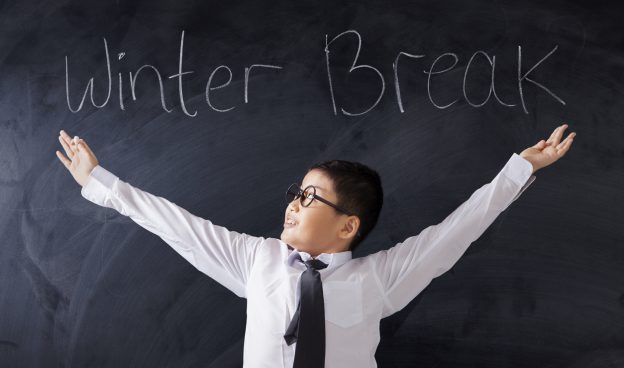
More, Therapy Tips
4 Ways to Maintain Therapeutic Progress During Winter Break
We all need a break sometimes, and our children are no exception. For parents of kids with special needs, winter break from school can bring concerns as well as wonderful opportunities.- How do you ensure your child doesn't lose valuable ground while out of school and on a therapy break?
- What kinds of activities will keep your child and friends or siblings engaged at the same time?
- How can you be sure this end-of-the-year time off is filled with fun memories and continued progress?



